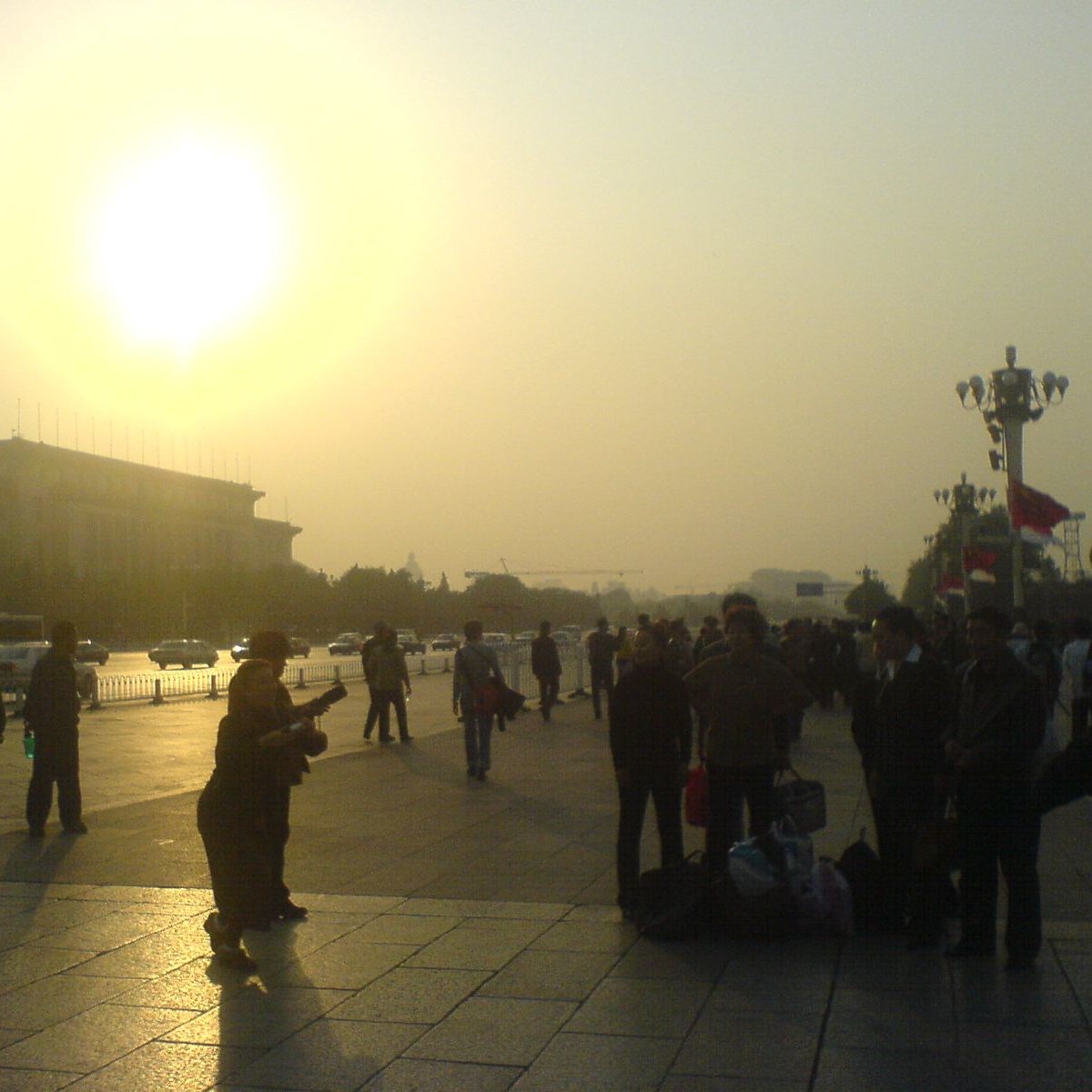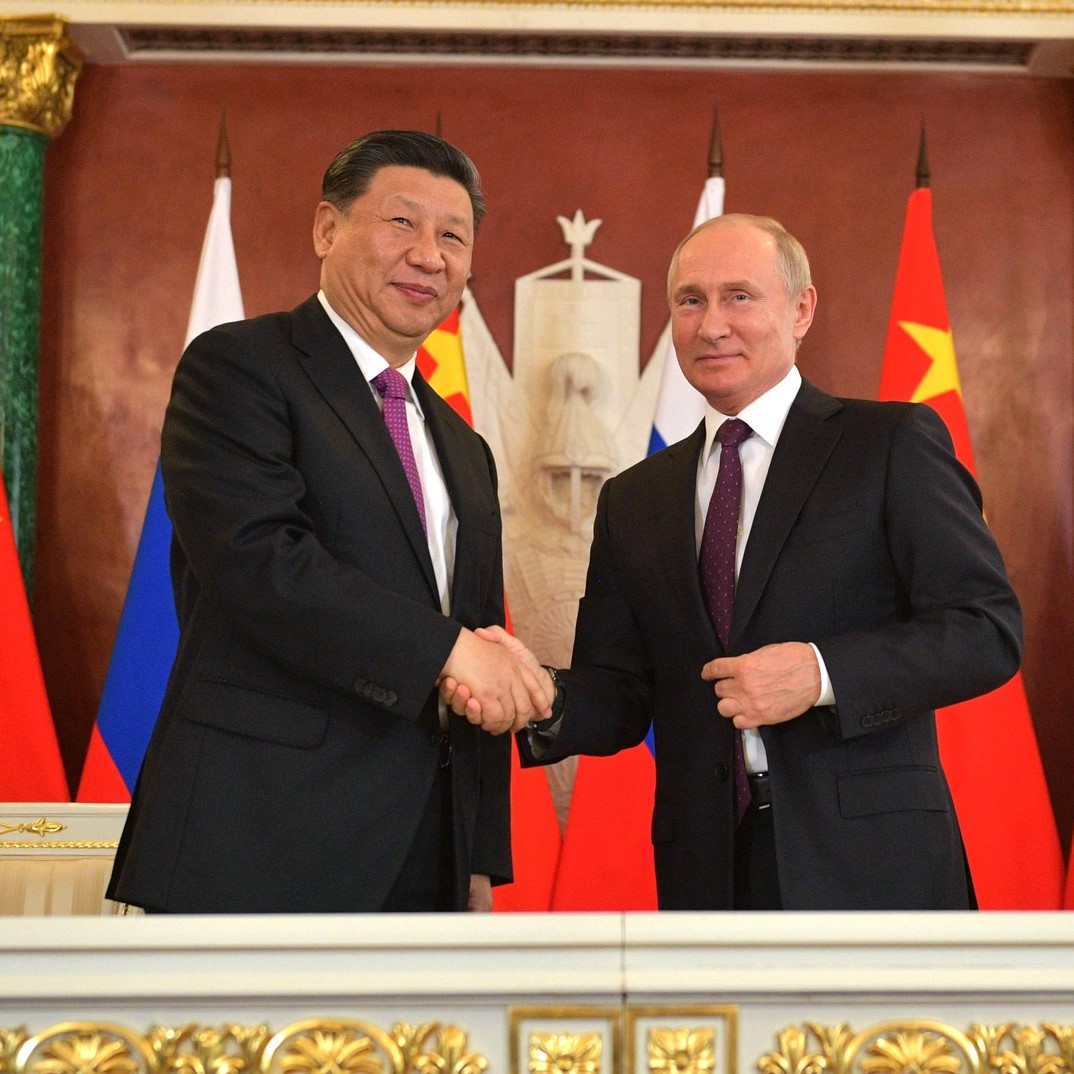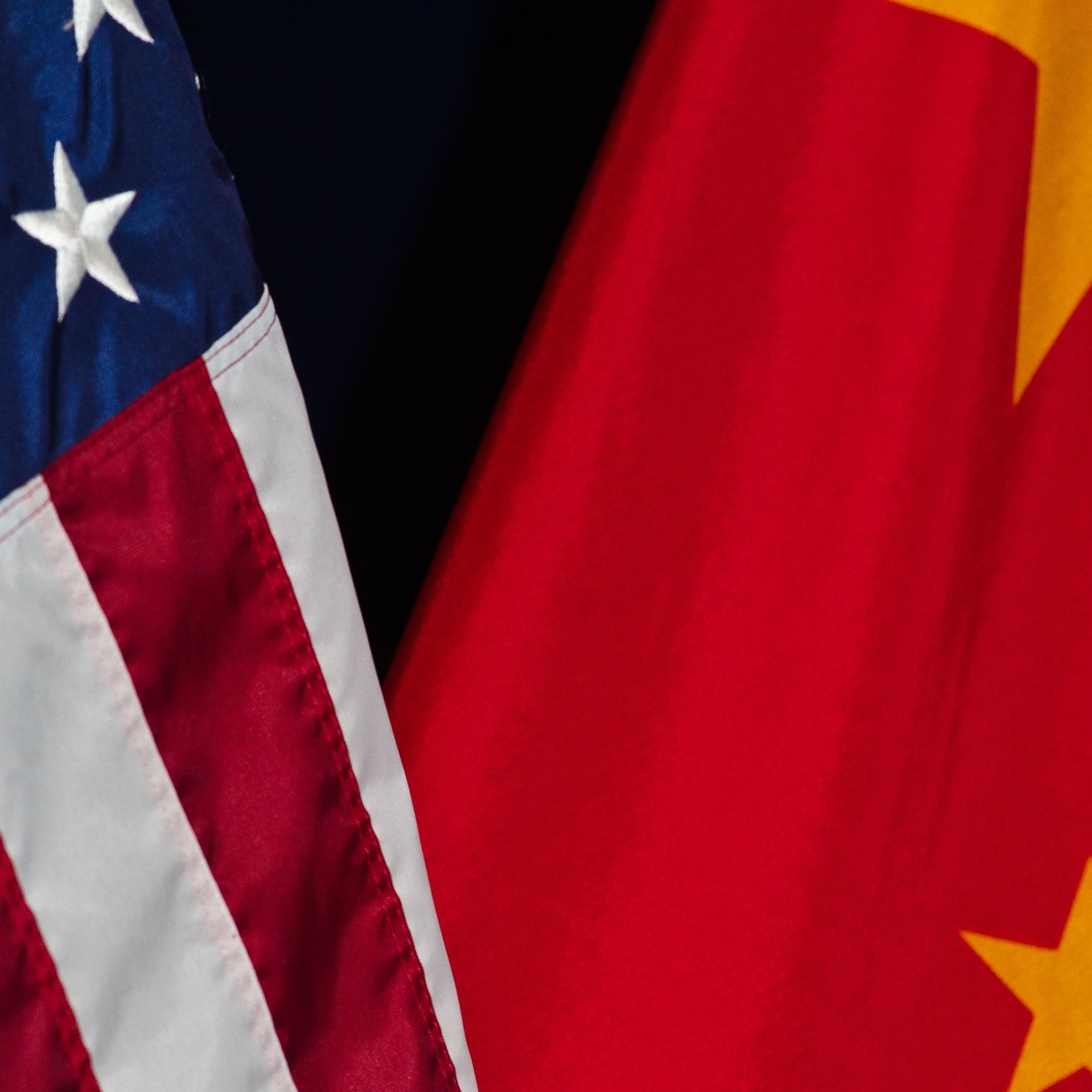Inquiries
Melbourne Asia Review is an initiative of the Asia Institute. Any inquiries about Melbourne Asia Review should be directed to the Managing Editor, Cathy Harper.
Edition 7, 2021
The politics of language learning in Asia

Australia needs to make languages compulsory
If Australia really wants to increase its literacy in Asian and other languages it needs to make language learning compulsory in Australian schools.
- Professor Joe Lo Bianco
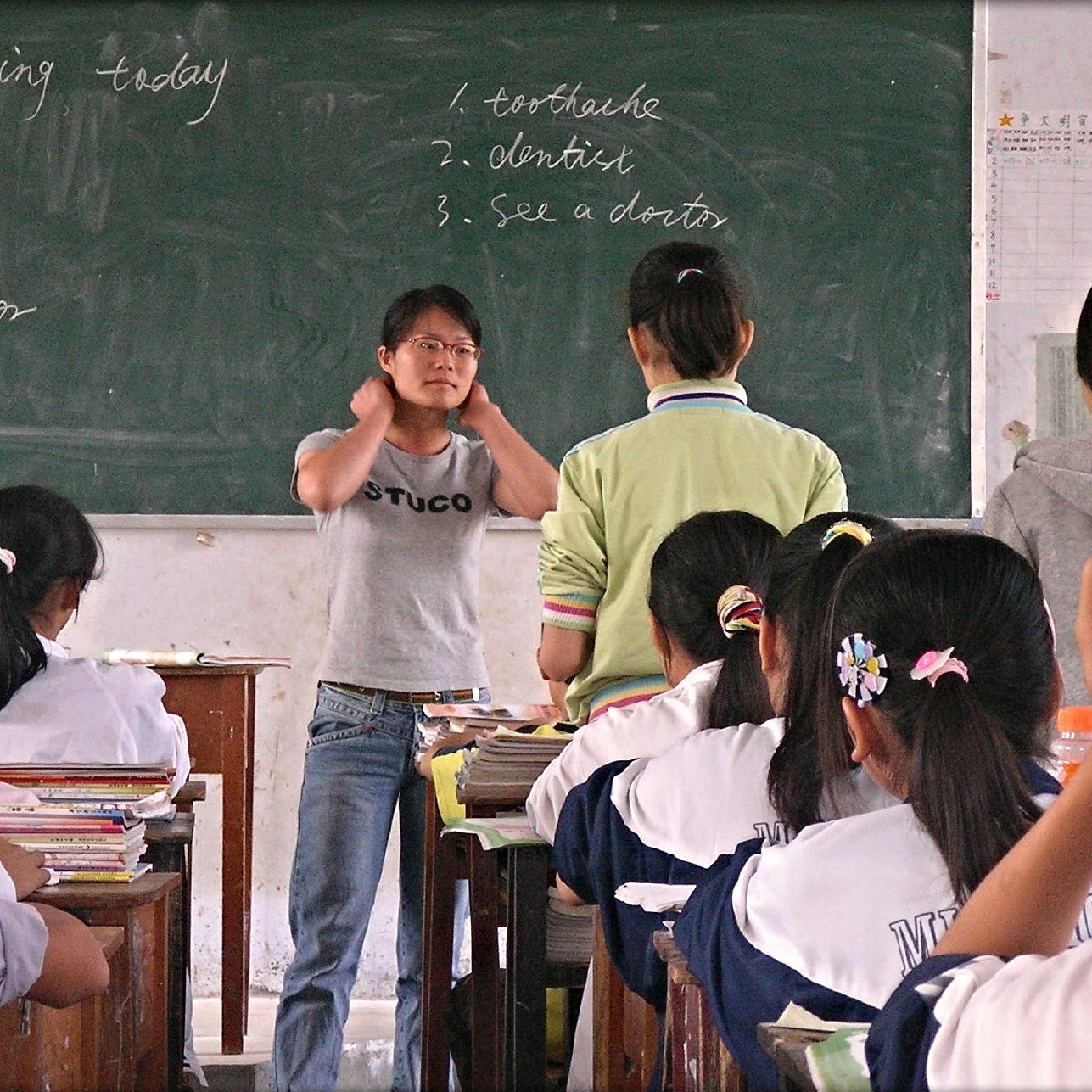
English language education in China is being challenged as against Chinese culture
English language education is getting increasingly political within China as US–China rivalry intensifies.
- Associate Professor Delia Lin

Are ‘advanced’ Japanese language programs sustainable? A look at Australia, New Zealand and Singapore
Beyond Demon Slayer and Pokemon what motivates students and how can that knowledge help universities to build the best language programs?
- Associate Professor Carol Hayes, Associate Professor Ikuko Nakane, Nagisa Fukui, Masanori Nagami, Dr Masayoshi Ogino and Dr Emi Otsuji

Language is important in the prosecution of conflicts, particularly in the Middle East
Language provides an echo chamber for political conflict through its role as a symbol that conveys extra-linguistic meanings.
- Professor Yasir Suleiman
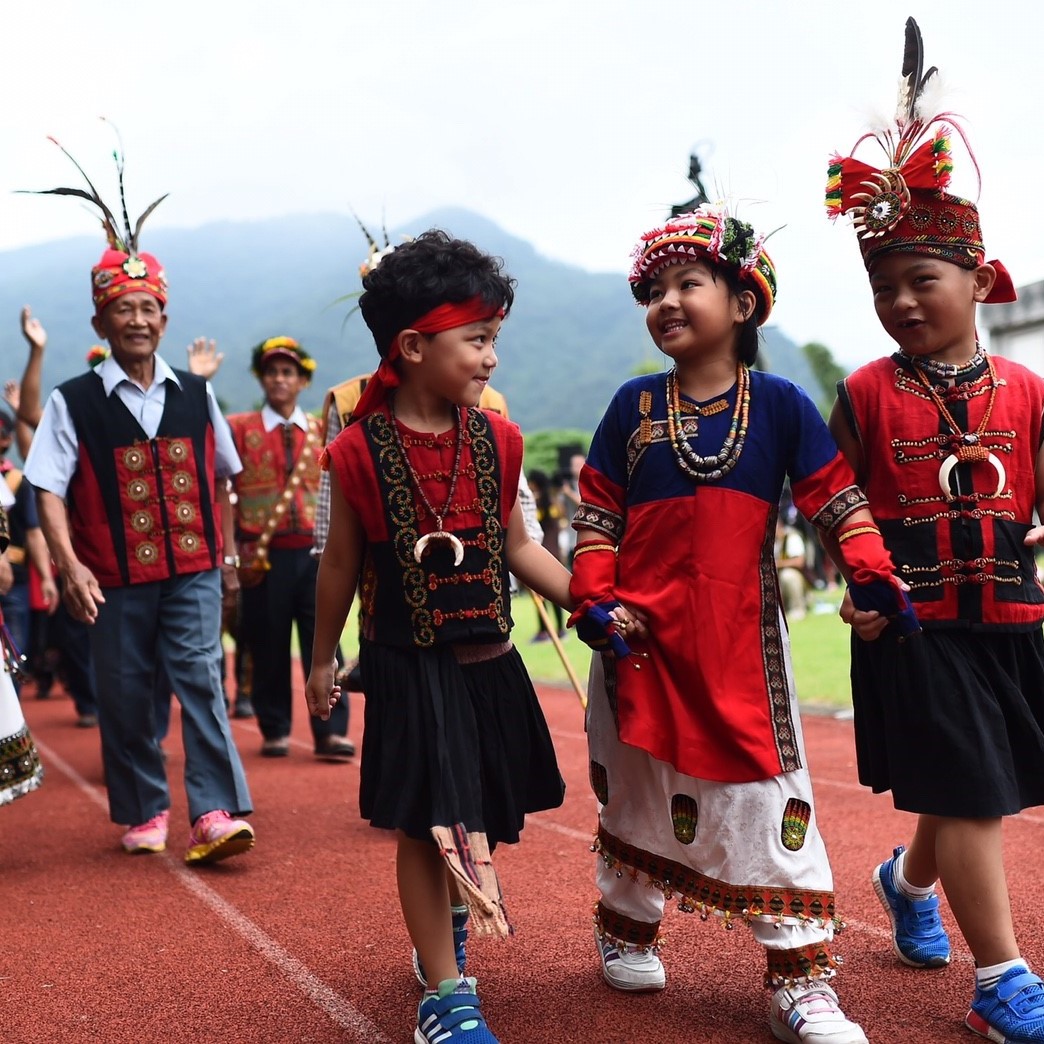
Taiwan transitions and tribal tongues: From the language of reconciliation to the revitalisation of language?
Taiwan's indigenous languages have suffered under various colonial regimes. Can they be revived?
- Dr Brett Todd
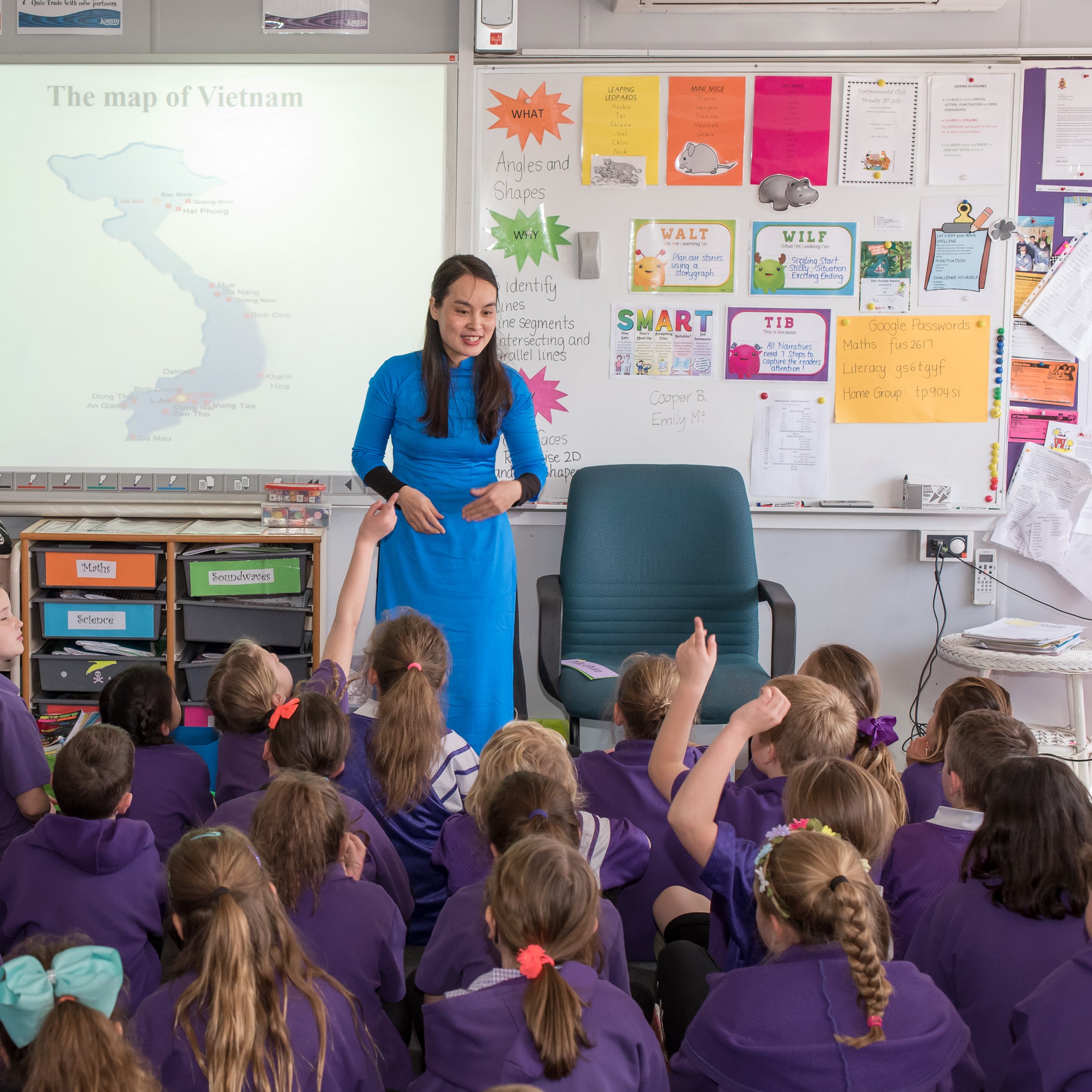
A letter to Australia: The Asia-literacy conversation we’re not having
A new draft Australian Curriculum has been released for debate. It's time for a genuine focus on Asian engagement.
- Hamish Curry

Language education policy in Nepal and the denial of the right to speak in Indigenous languages
English as a medium of instruction in Nepal is violating students’ ‘right to speak’ in their home languages.
- Prem Phyak
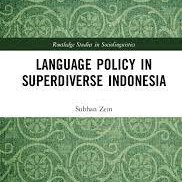
‘Language Policy in Superdiverse Indonesia’ by Subhan Zein
Few have investigated the underpinnings of Indonesia's language policy as thoroughly as Zein.
- Dr Howard Manns
Edition 7, 2021
The politics of language learning in Asia

INTRODUCTION: The contemporary challenges facing plurilingual societies
The power structures needed to create and enforce common systems of communication can simultaneously disadvantage others.
- Associate Professor Michael Ewing

COVID-19 underlines the importance of learning languages via emerging technologies
Language educators need to seriously take new technologies into account.
- Dr Grace Yue Qi

Learning Asian languages is about much more than trade and employability and universities should convey this
Australian universities should play an important role in articulating the educational value of foreign language learning beyond the ‘employability’ discourse.
- Dr Jun Ohashi & Hiroko Ohashi
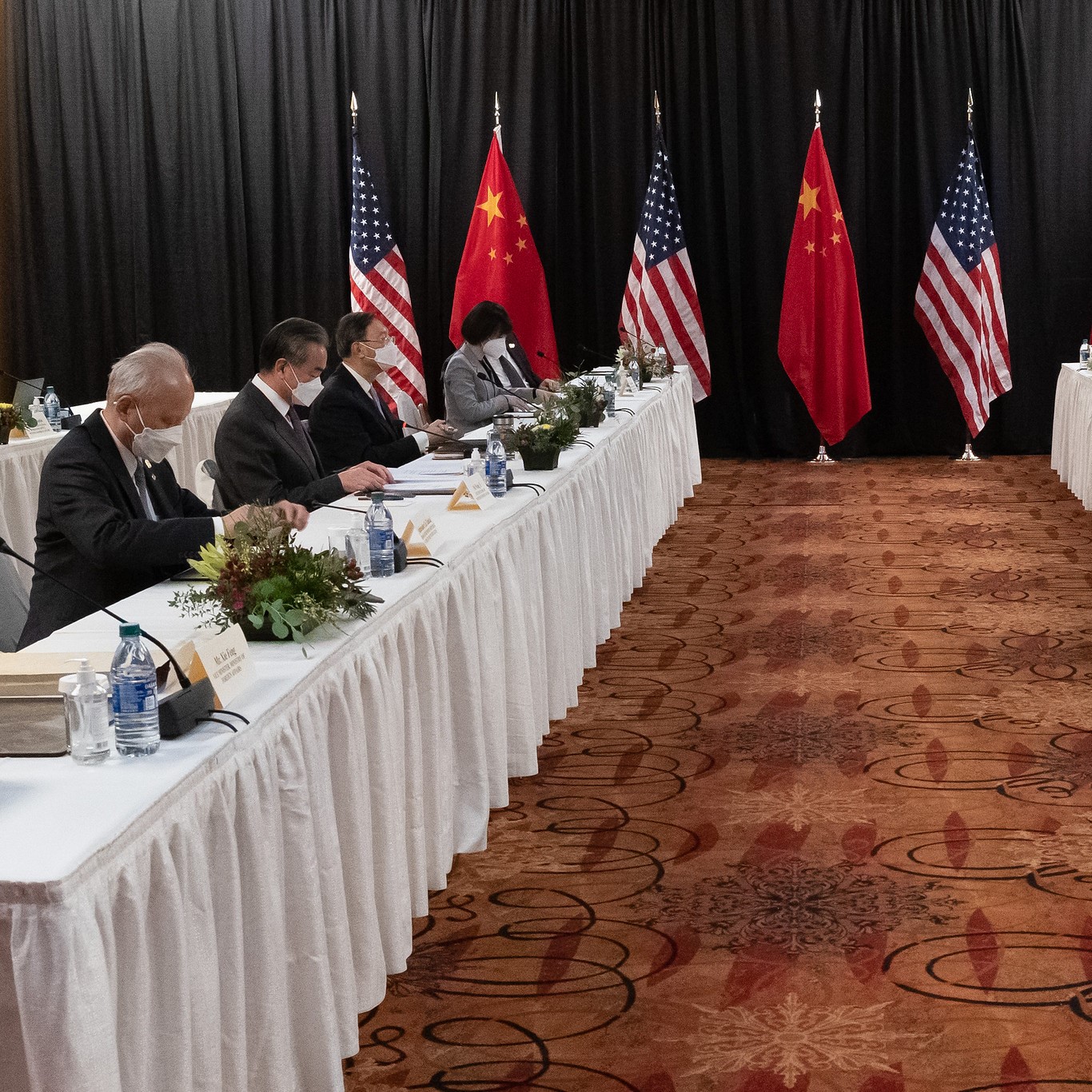
The potential risks of standardising China’s translated foreign affairs discourse
Translation standardisation is seen as a way of managing the risk of mis-translation, but it doesn't necessarily produce the best translations
- Assistant Professor Bei Hu
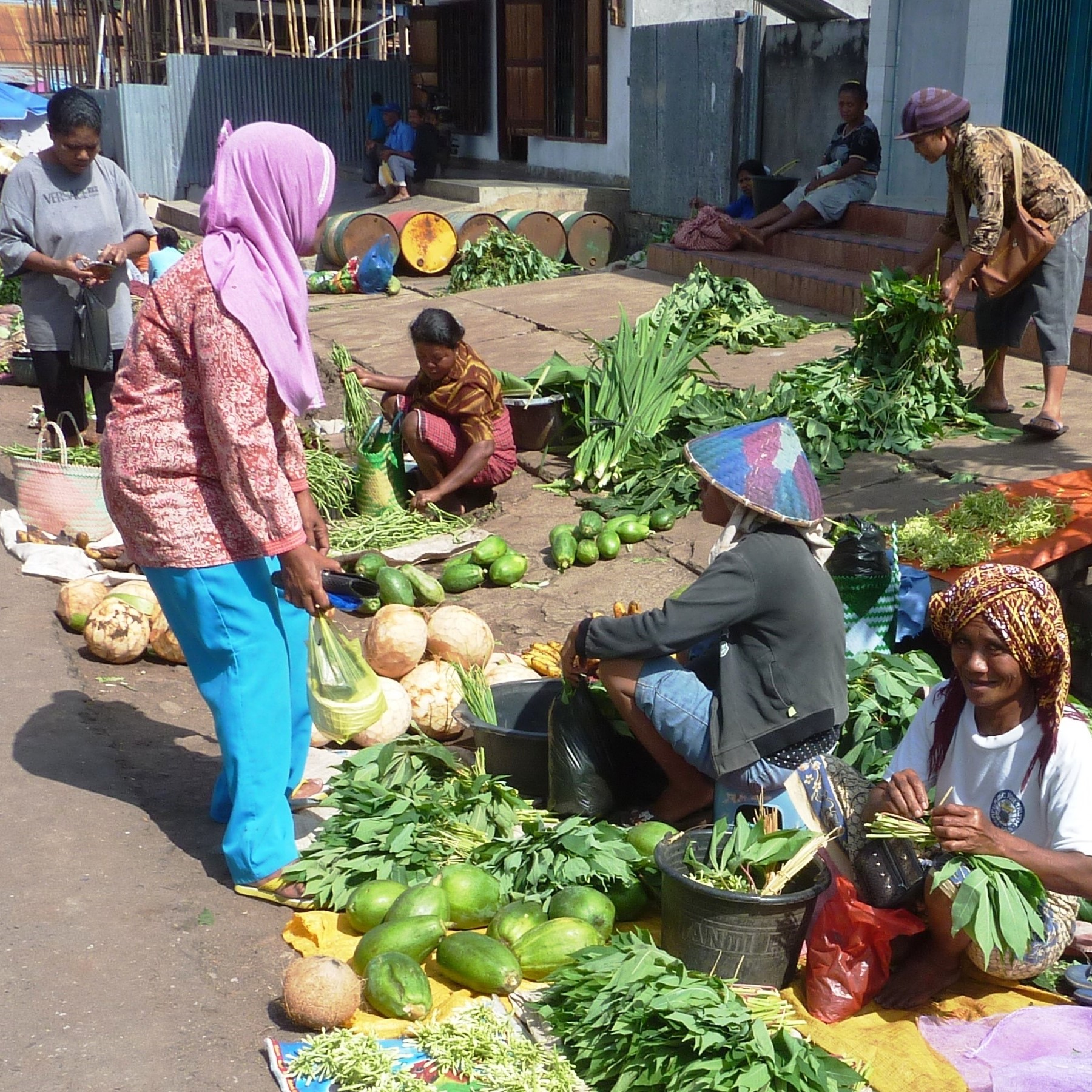
A reflection on language and identity in Indonesia
A personal illustration of the interconnectedness between language and identity as dynamic entities.
- Dr Justin Wejak

Learning how to say ‘you’ in Indonesian: why it’s time to embrace its complexity
There is a seemingly simple aspect of Indonesian that eludes learners: how to say ‘you’ to an addressee.
- Associate Professor Dwi Noverini Djenar

Pakistan should properly adopt Urdu as its national language to help overcome inequality
Nations advance materially, economically and scientifically when they educate students in their national language.
- Dr Hussain Mohi-ud-Din Qadri

The necessity of teaching online during the COVID-19 pandemic could result in better Japanese language teaching
The online environment can't replicate all aspects of classroom language instruction, but online education does have benefits.
- Dr Yasuhisa Watanabe

Pakistan needs a multilingual education model to protect minority language groups
English and Urdu are dominant in Pakistan's education system and other languages have been neglected or marginalised.
- Ameer Ali and Professor Maya Khemlani David
Featured articles

Public sentiment in China cools towards Australia
-
Assistant Professor Dan (Diane) Hu

How activists are using Facebook in Myanmar for democratic ends, but Facebook itself also facilitated hate speech
-
Dr Tamas Wells & Dr Aleks Deejay
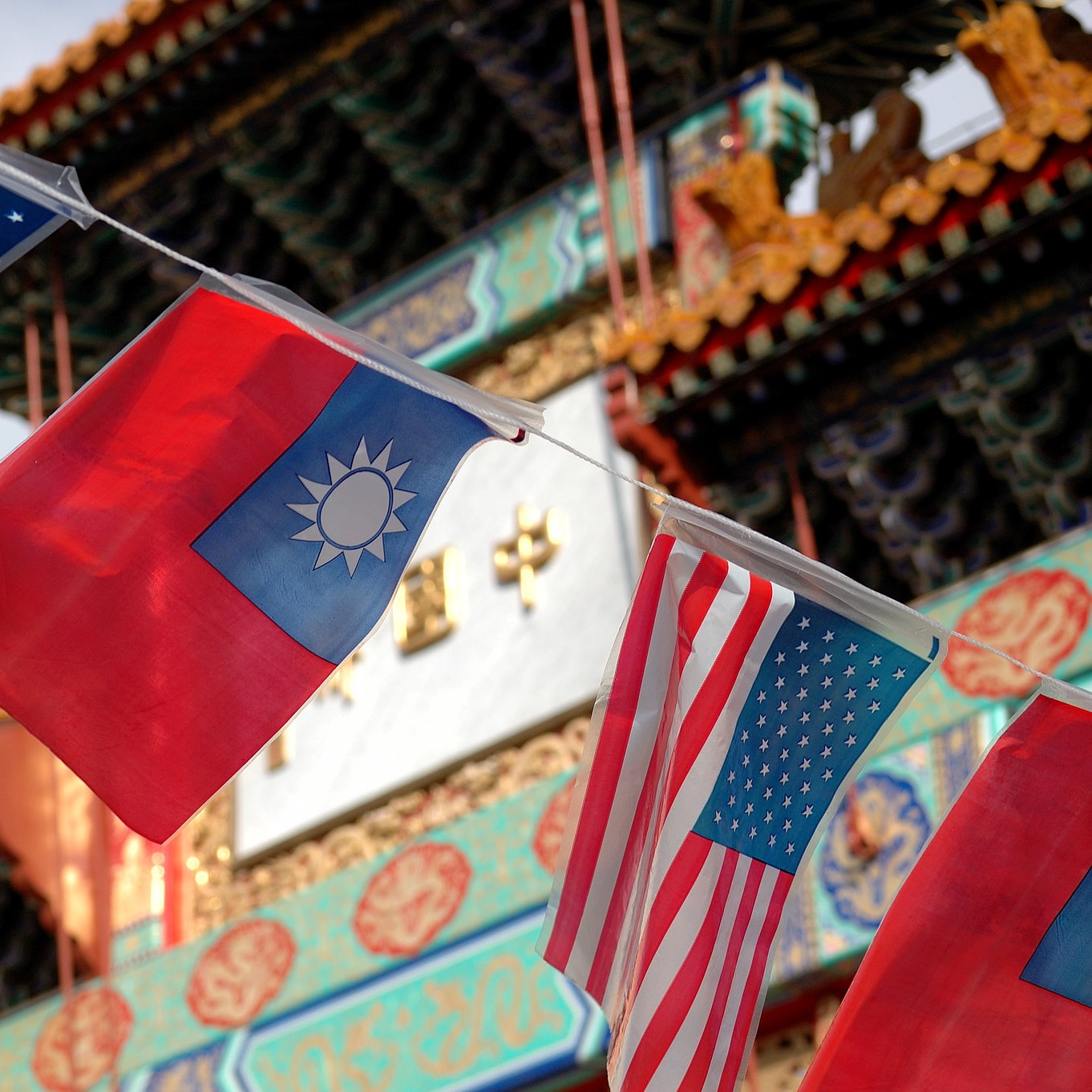
Taiwan’s View of the Trump Administration
-
Melissa Conley Tyler



